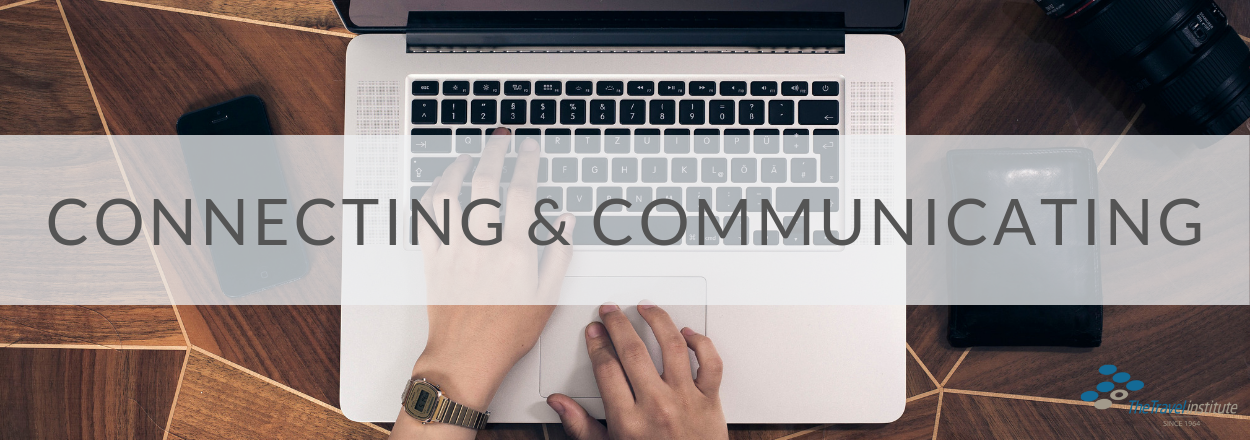Building (or sometimes rebuilding) relationships among family, friends, colleagues, and clients depends greatly on effective communication.
As the travel industry becomes increasingly technological, it is imperative that travel agents know how to establish trusting relationships with their clients. Such relationship-building leads to increased customer loyalty and repeat business, both enviable factors in the highly competitive and often fickle business of travel.
Better interpersonal relationships are a natural outcome of effective communication. Good interpersonal skills are common to all the successful relationships in our lives, both personal and professional. Your relationships with your clients and coworkers depend primarily on the way you perceive and react to each other.
Are you a good communicator? Think about how you currently communicate, and ask yourself these questions:
- Do I return phone calls and emails as quickly as is possible and reasonable?
- Do I maintain eye contact and use appropriate body language when someone speaks to me?
- Do I speak warmly and even smile when I am on the phone (yes, the listener can tell when you are smiling)?
- Am I in tune with other people’s body language?
- Do I show interest by asking questions and by otherwise engaging the other person in conversation?
- Do I exhibit professionalism in all means of communication (telephone, face-to-face, social media, website, etc.)?
- Do I stop texting and put my cell phone down when someone speaks to me?
- Do I always do what I promise to do?
Answering no to any of these questions will give you insight regarding areas of focus. Here are some strategies to consider as you strive to improve your interpersonal relationships through more effective communication:
Be trustful and trust others. To build lasting relationships with your clients, you must establish a level of trust with them. You want your clients to trust you to handle their travel plans, so you, in turn, must demonstrate that you are worthy of their trust. You can do this in a variety of ways, such as communicating openly and honestly, demonstrating through your skill and knowledge that you are a capable professional, admitting when you are wrong, treating them fairly, and always following through on your promises.
Express emotions and concern appropriately. Too often in business settings, we are so accustomed to going through the motions of booking travel that we forget traveling is a very emotional experience for our clients. Keep that in mind as you consult with your clients. Express your appreciation for their concerns and their business. Such open expression of emotion is part of good communication and one of the building blocks of good relationships.
Communicate effectively and convincingly. The way you express yourself verbally and nonverbally is really the thread that holds your relationships together. Always put yourself in your listener’s shoes. Anticipate their questions and have the answers ready.
The more you work on your communication skills, the more effective you will be in establishing and maintaining good relationships with your clients.
To learn more about improving your communication skills, we recommend that you look at The Travel Institute’s Certified Travel Associate (CTA) program.





comments